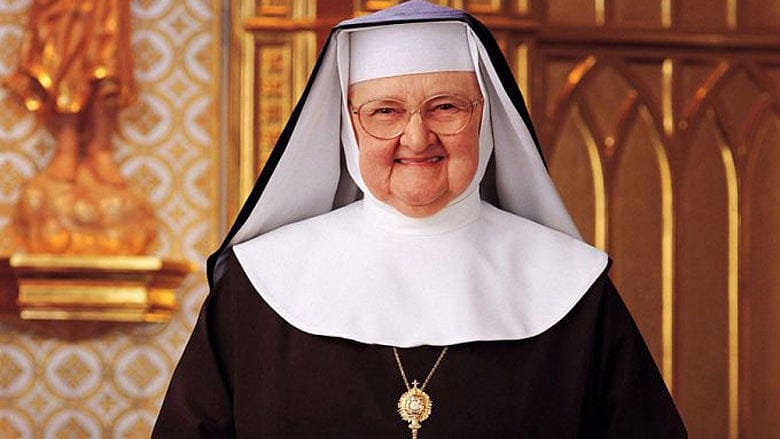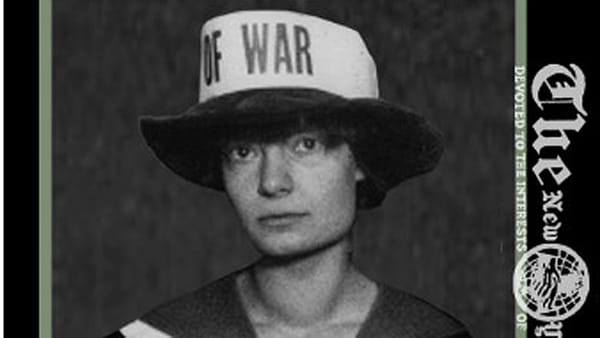Mother Angelica, foundress of EWTN, dies on Easter

Irondale, Ala. (CNA/EWTN News) — The Catholic Church in the United States has lost the Poor Clare nun who changed the face of Catholicism in the United States and around the world. Mother Mary Angelica of the Annunciation, foundress of the Eternal Word Television Network (EWTN), passed away on March 27 after a lengthy struggle with the aftereffects of a stroke. She was 92 years old.
"Mother has always and will always personify EWTN, the network that God asked her to found," said EWTN Chairman and Chief Executive Officer Michael Warsaw. "Her accomplishments and legacies in evangelization throughout the world are nothing short of miraculous and can only be attributed to divine Providence and her unwavering faithfulness to Our Lord."

